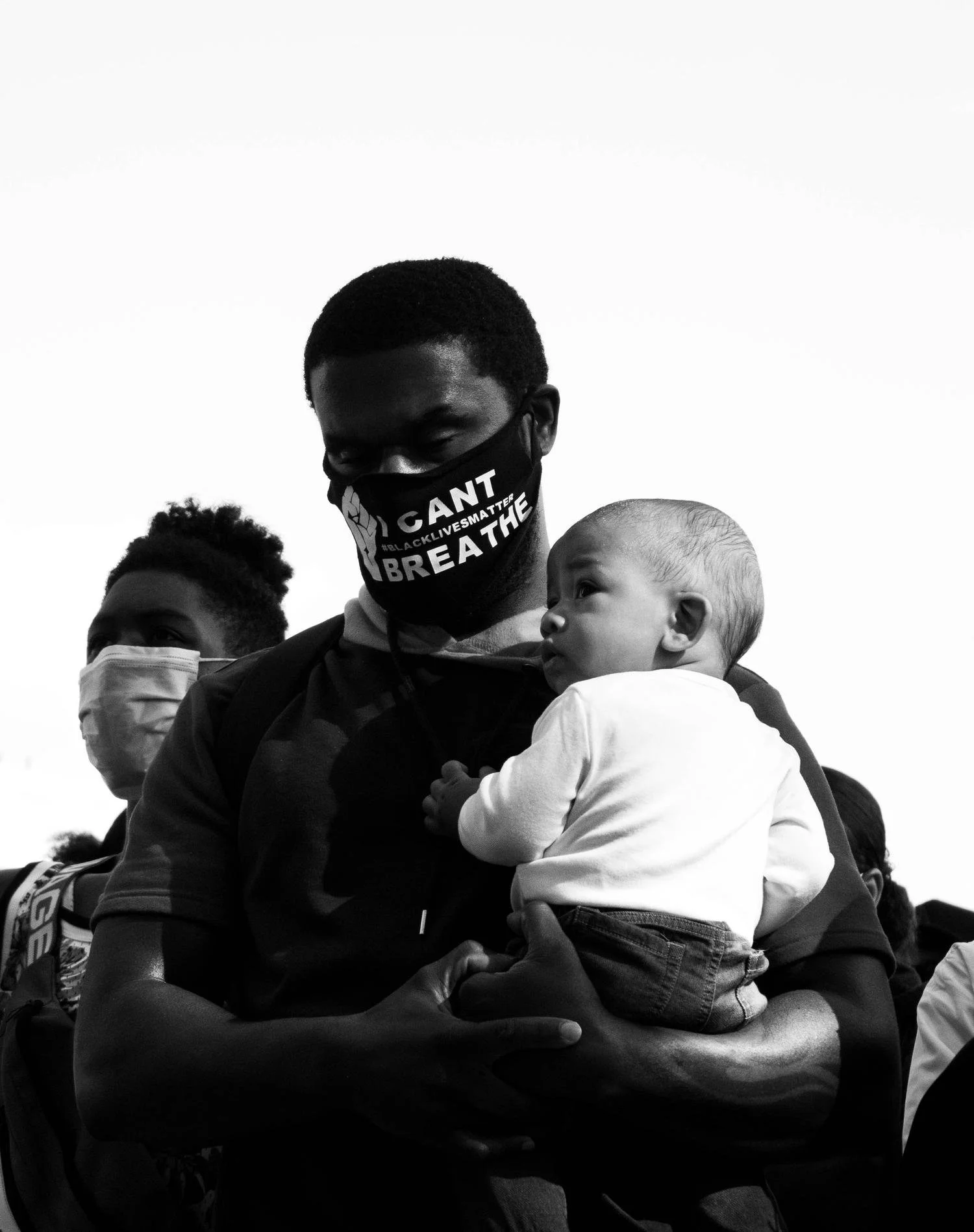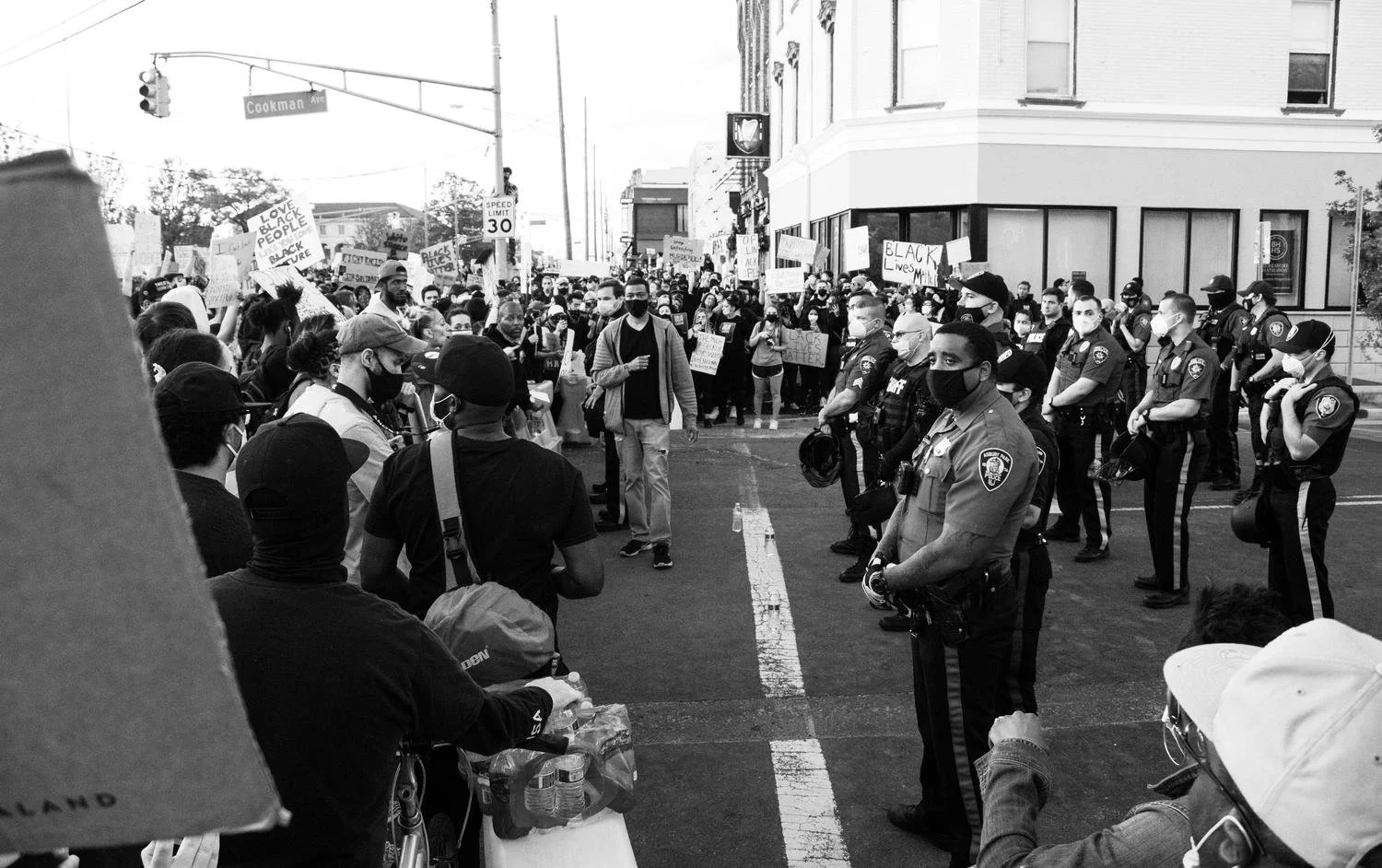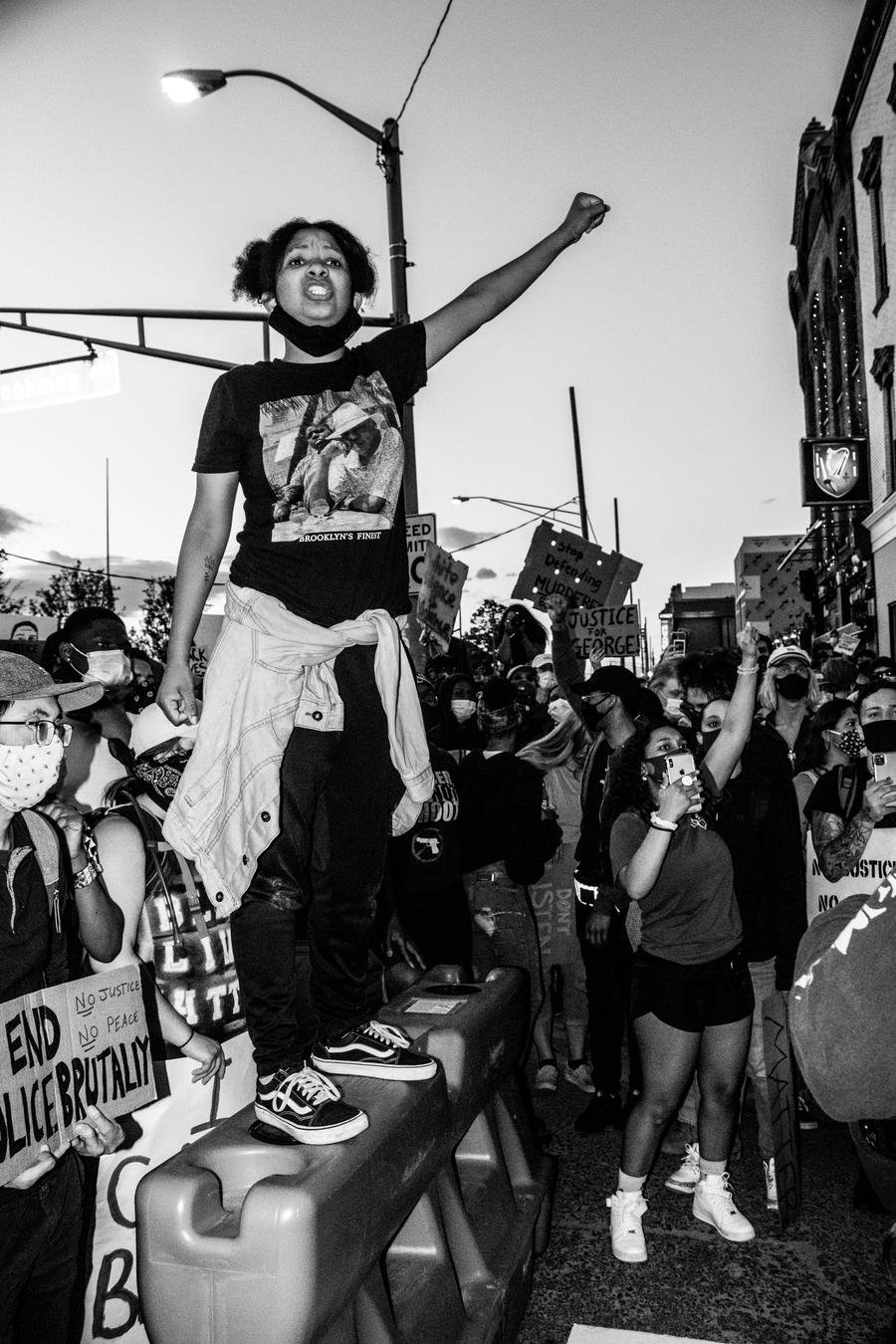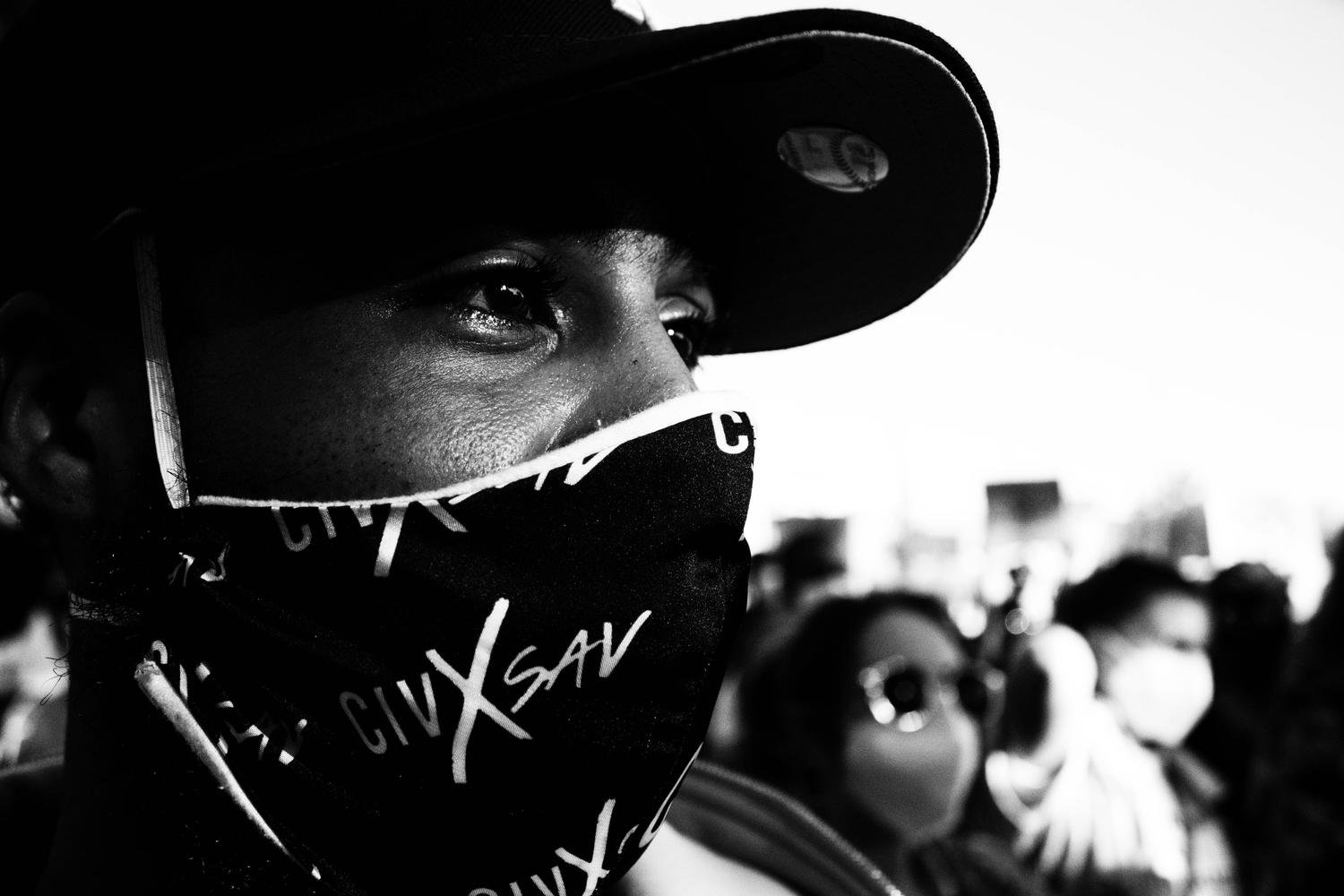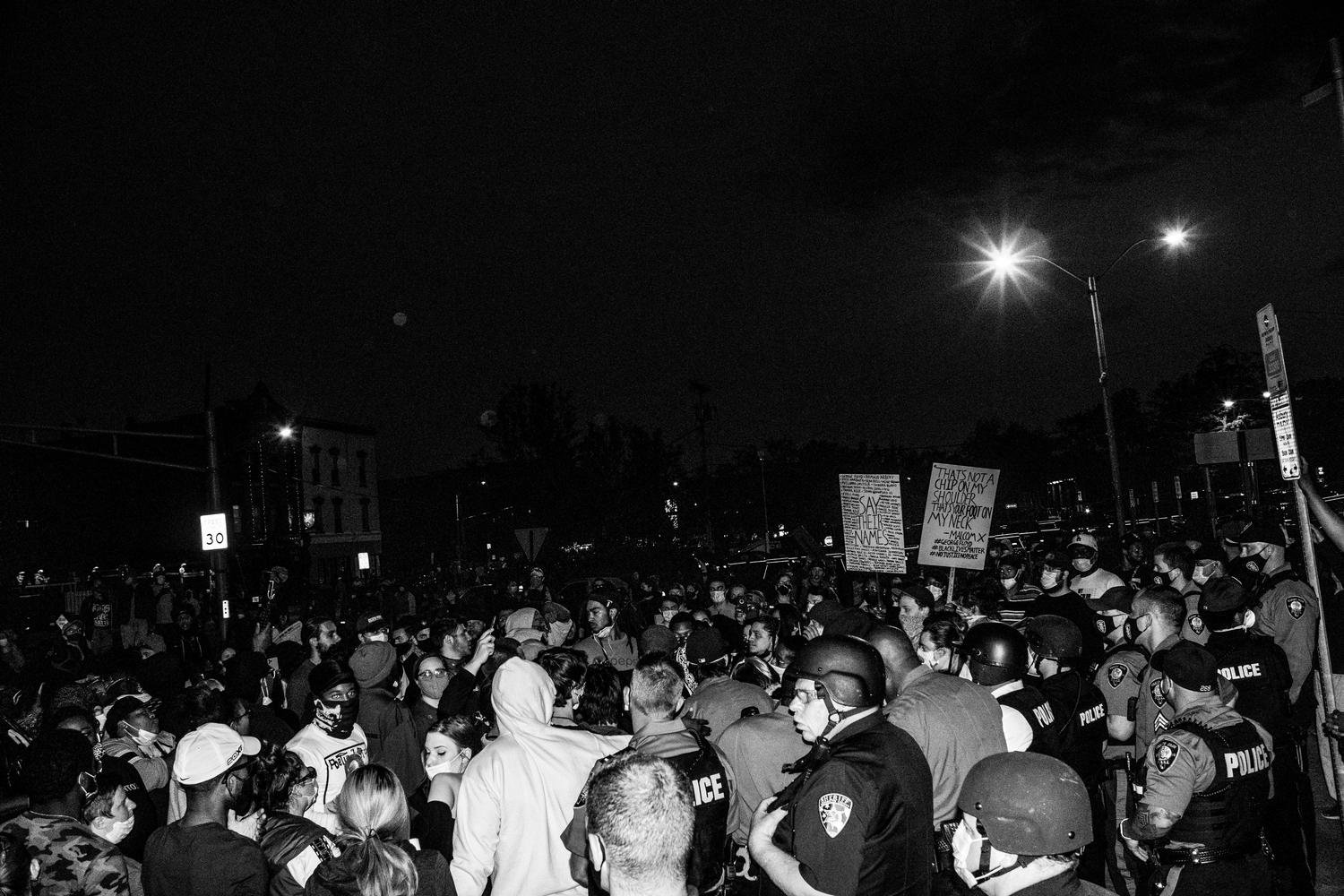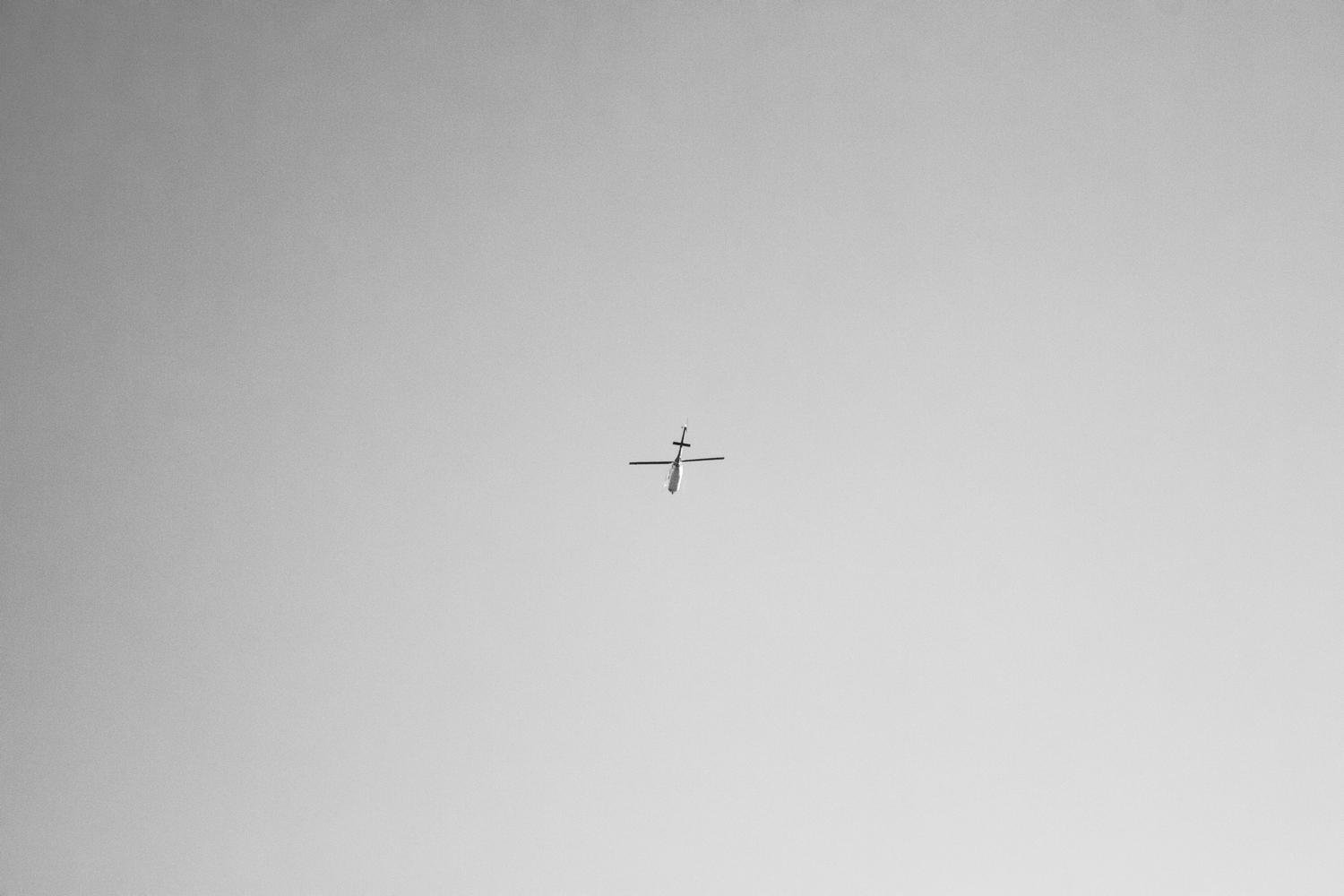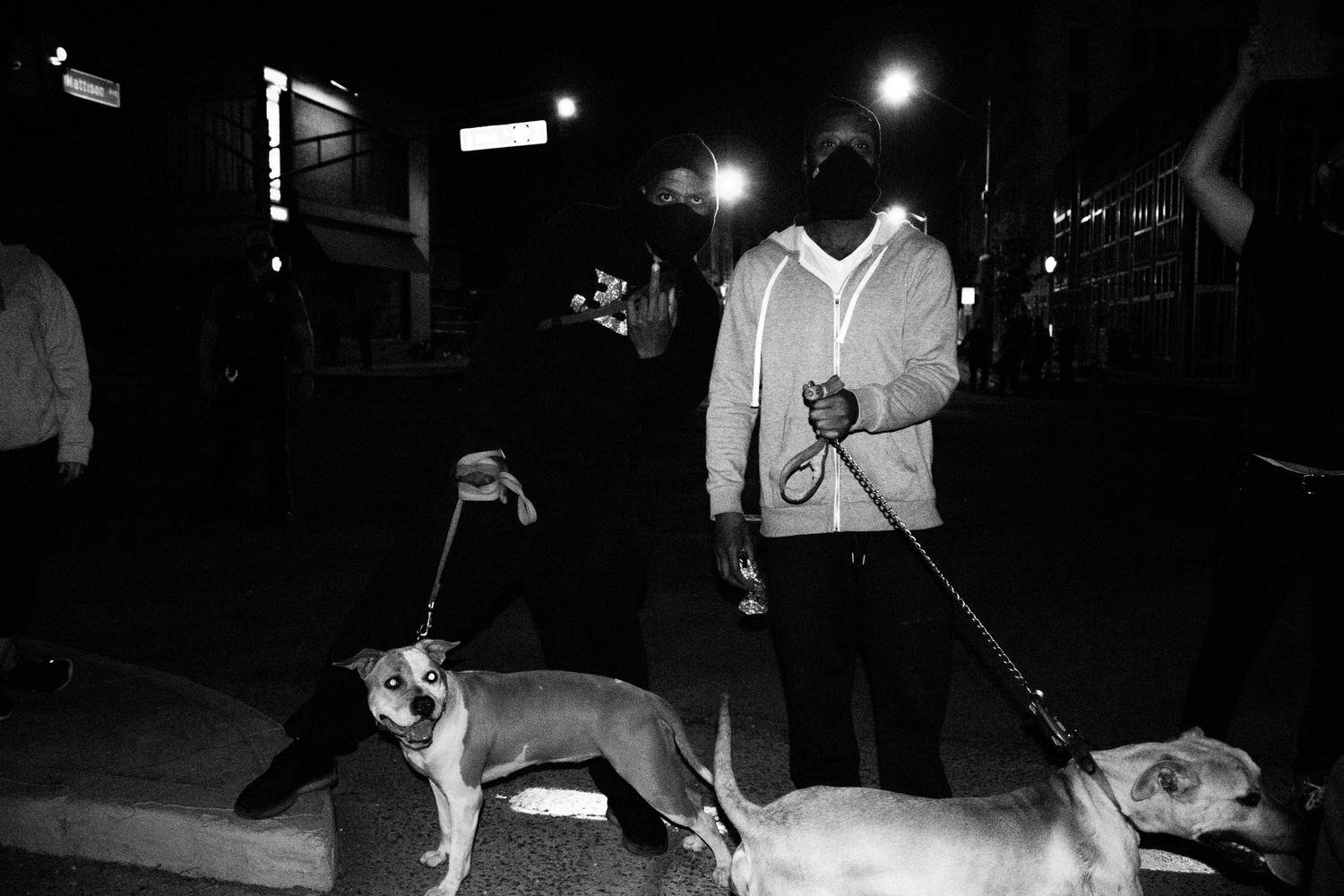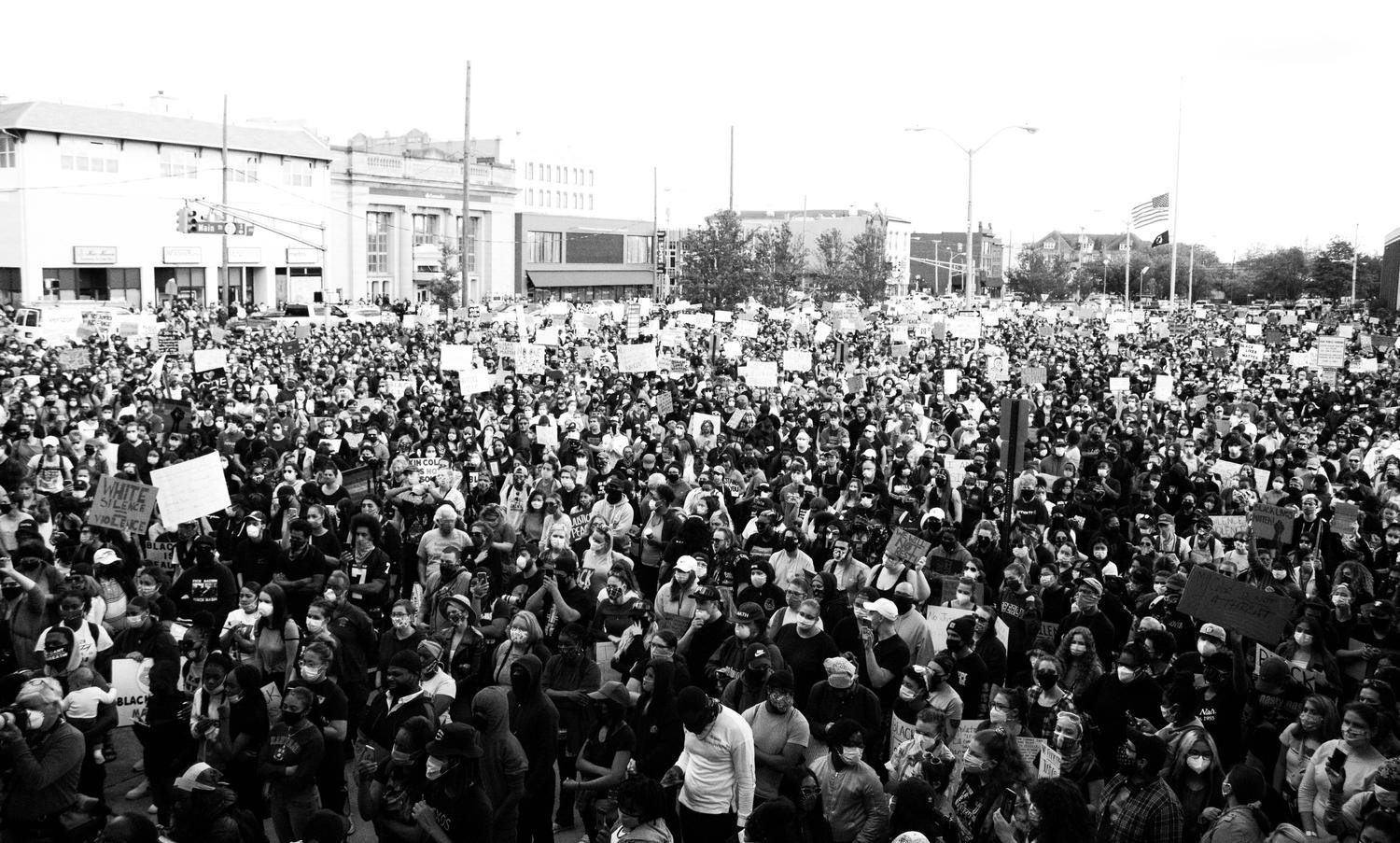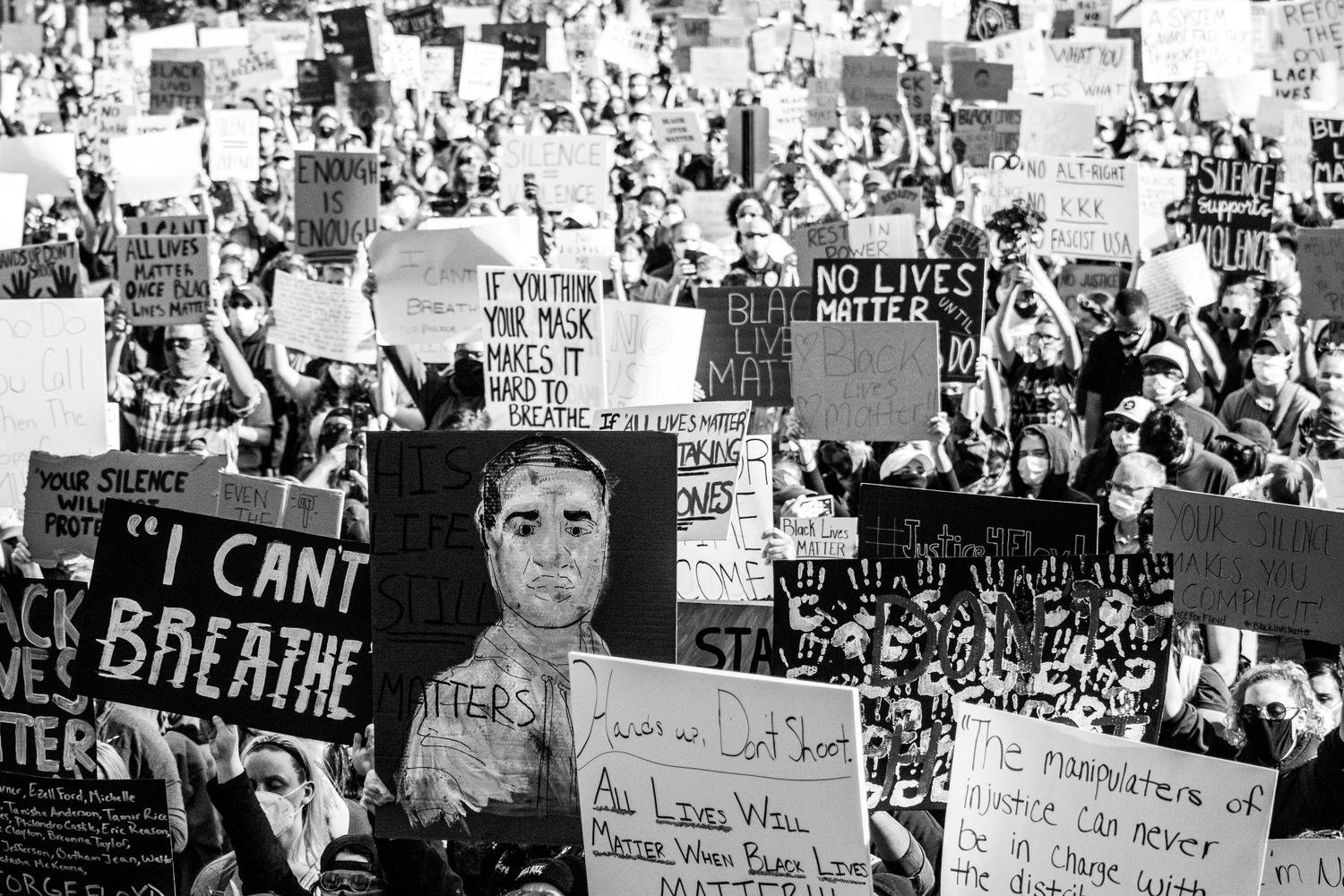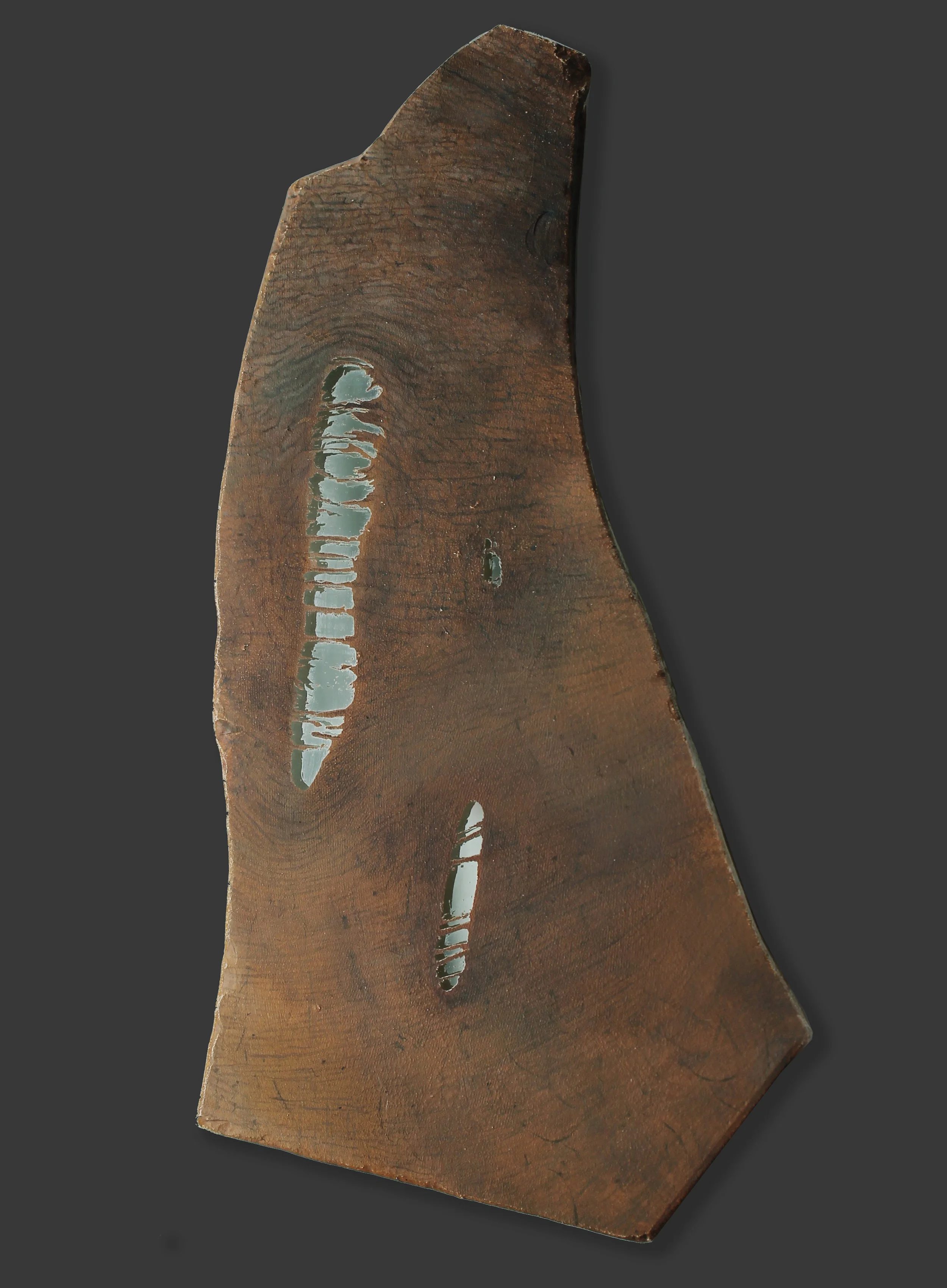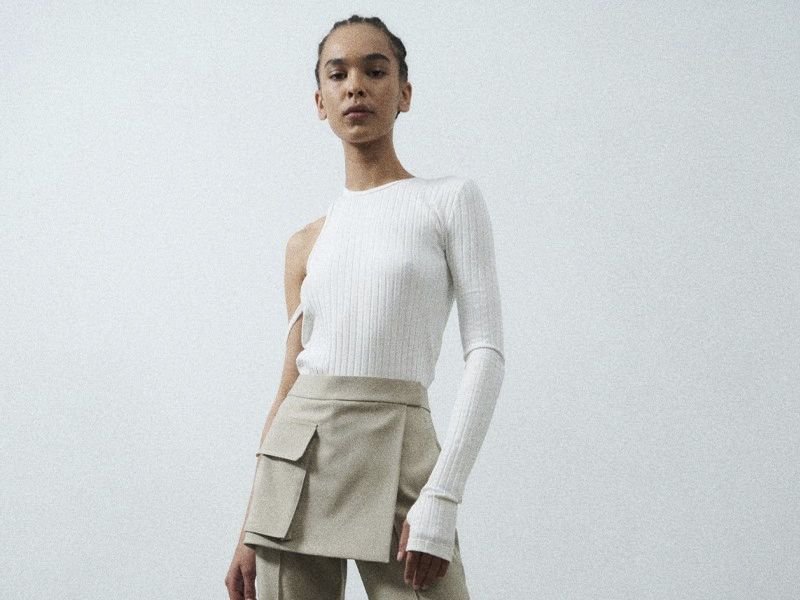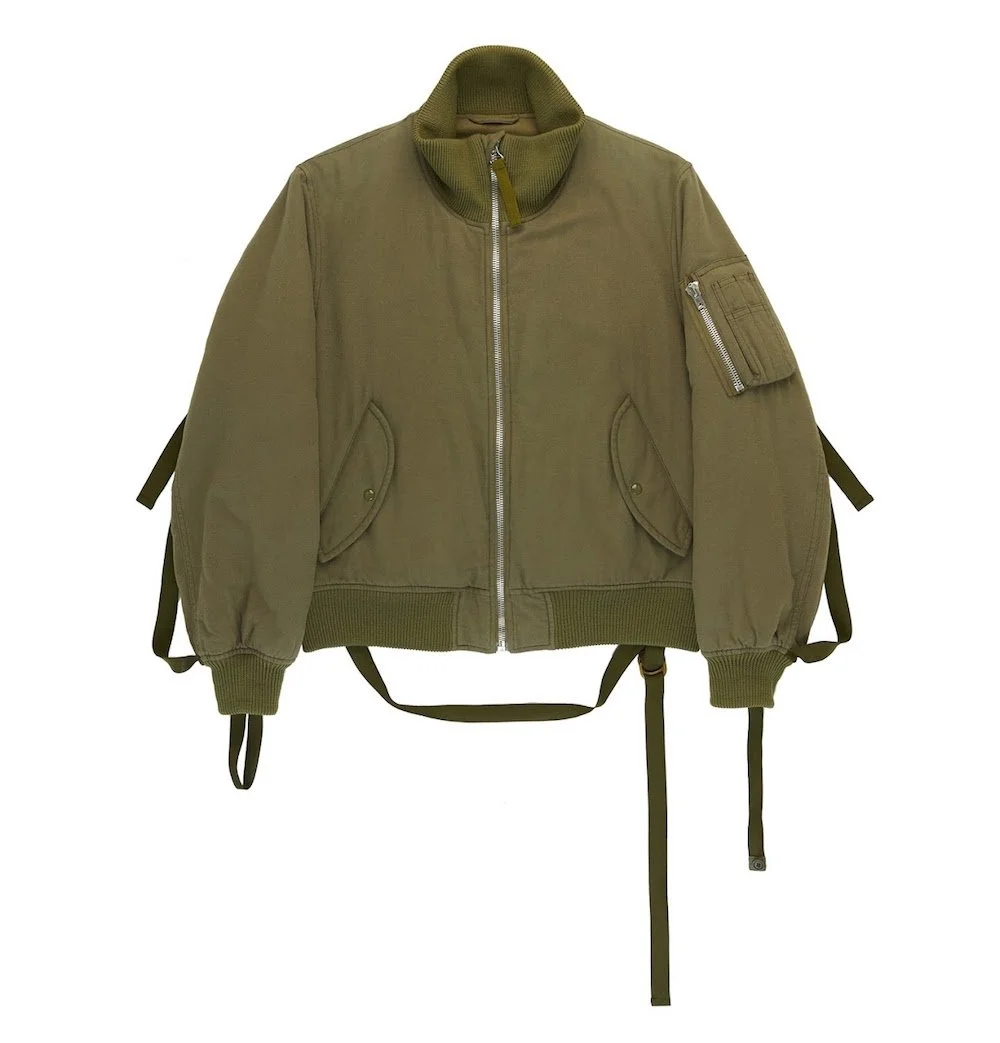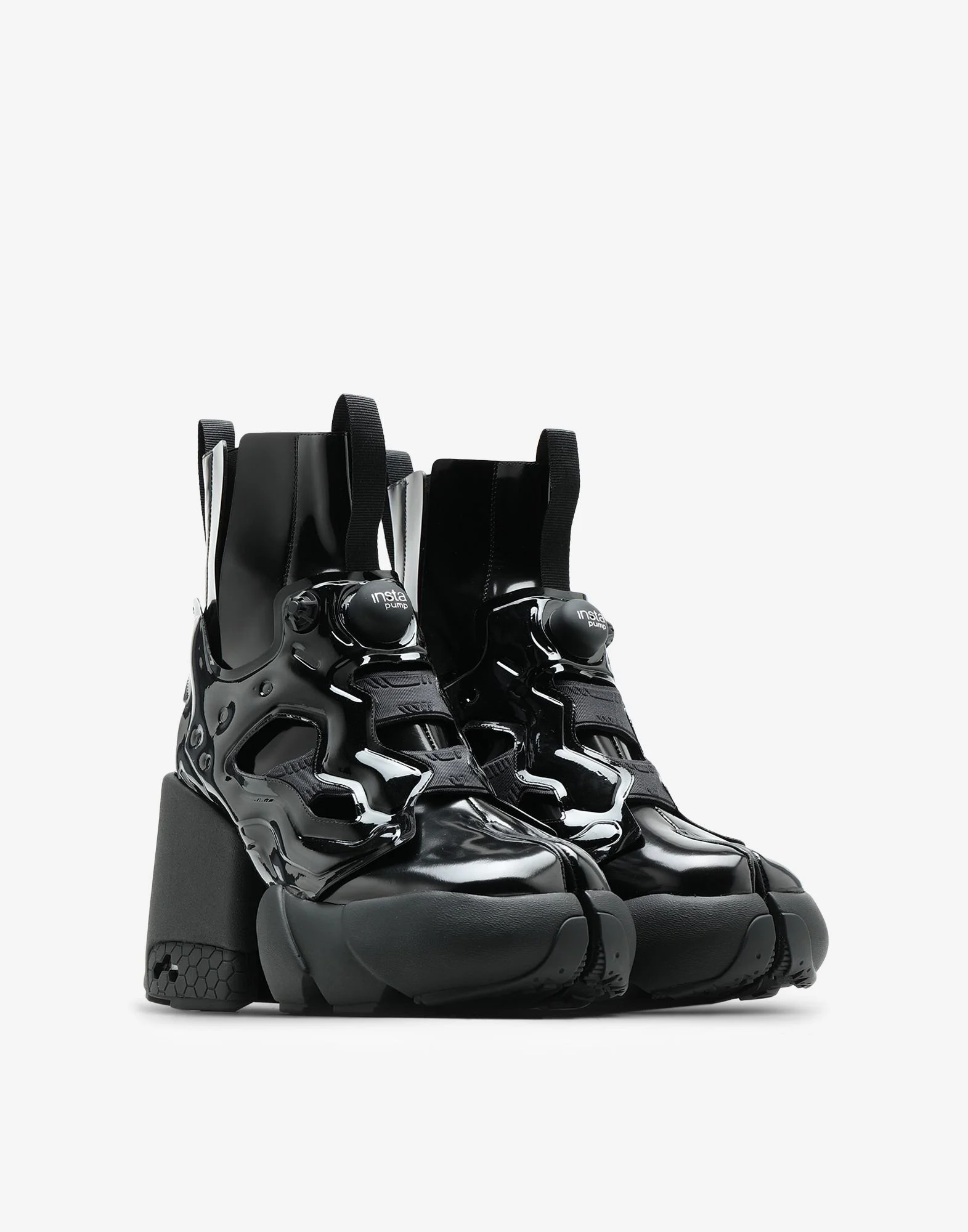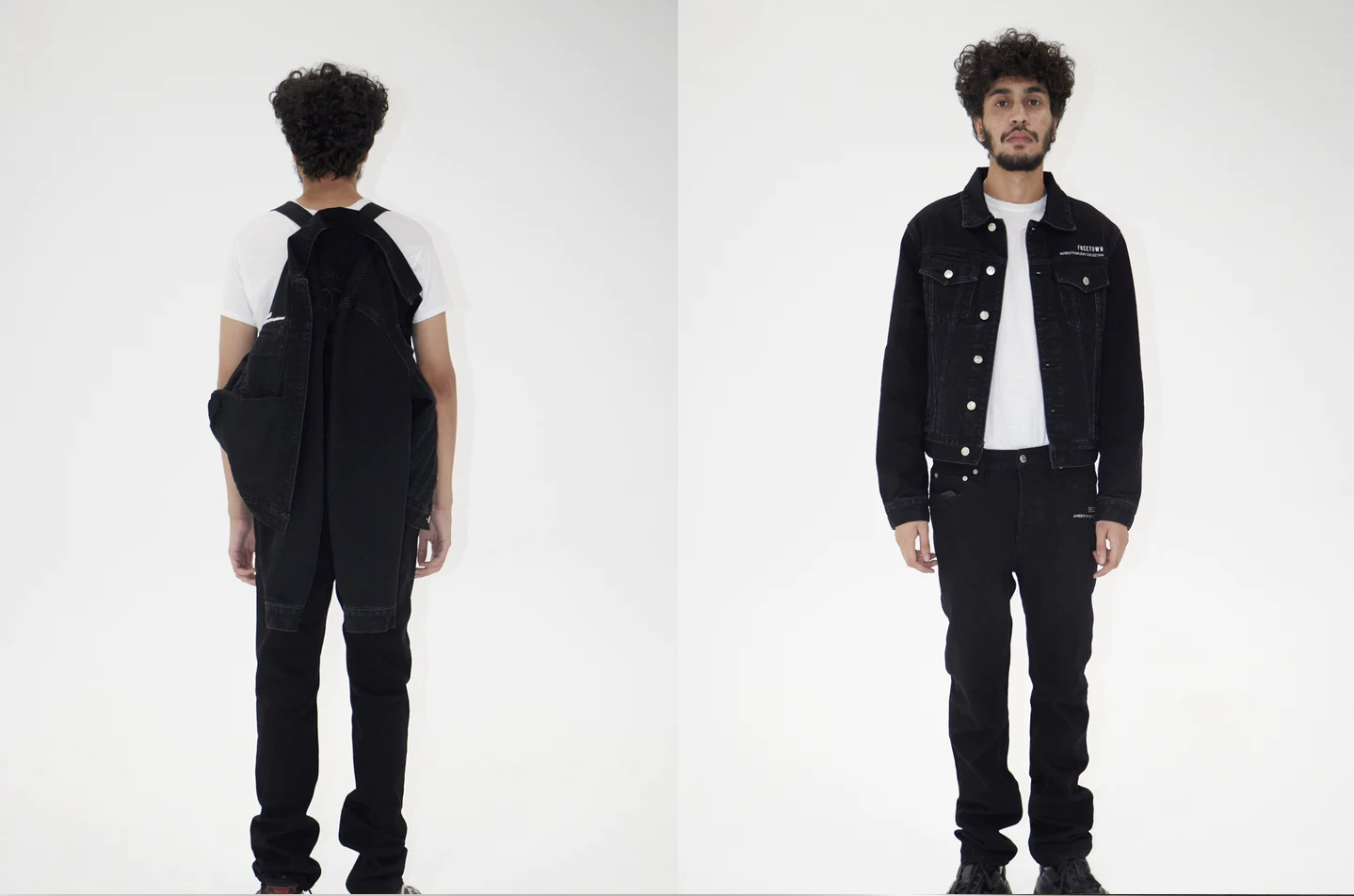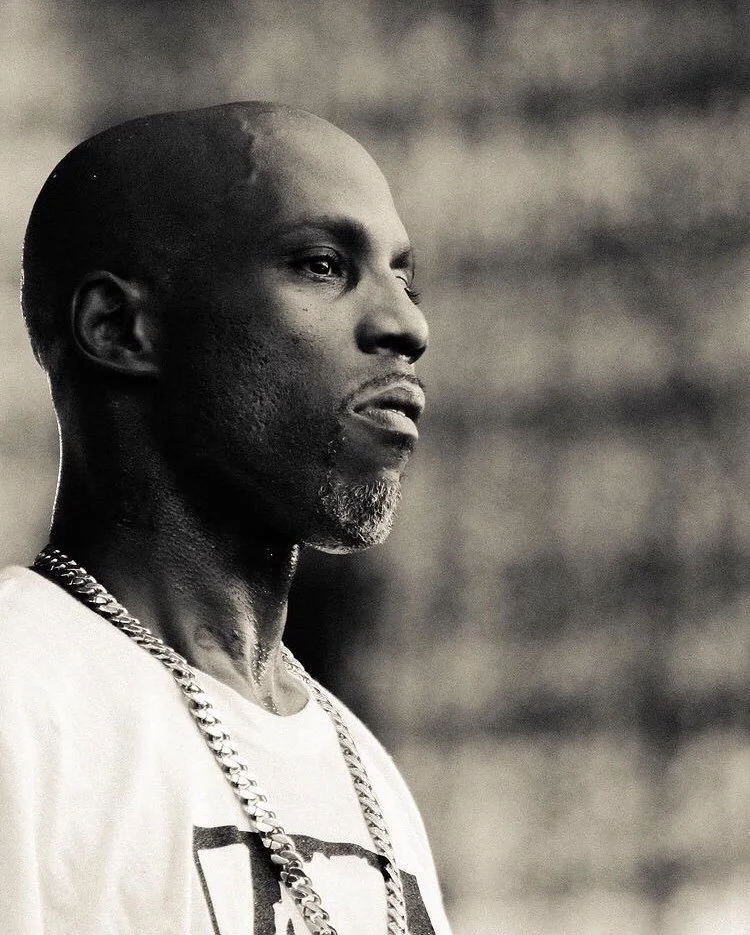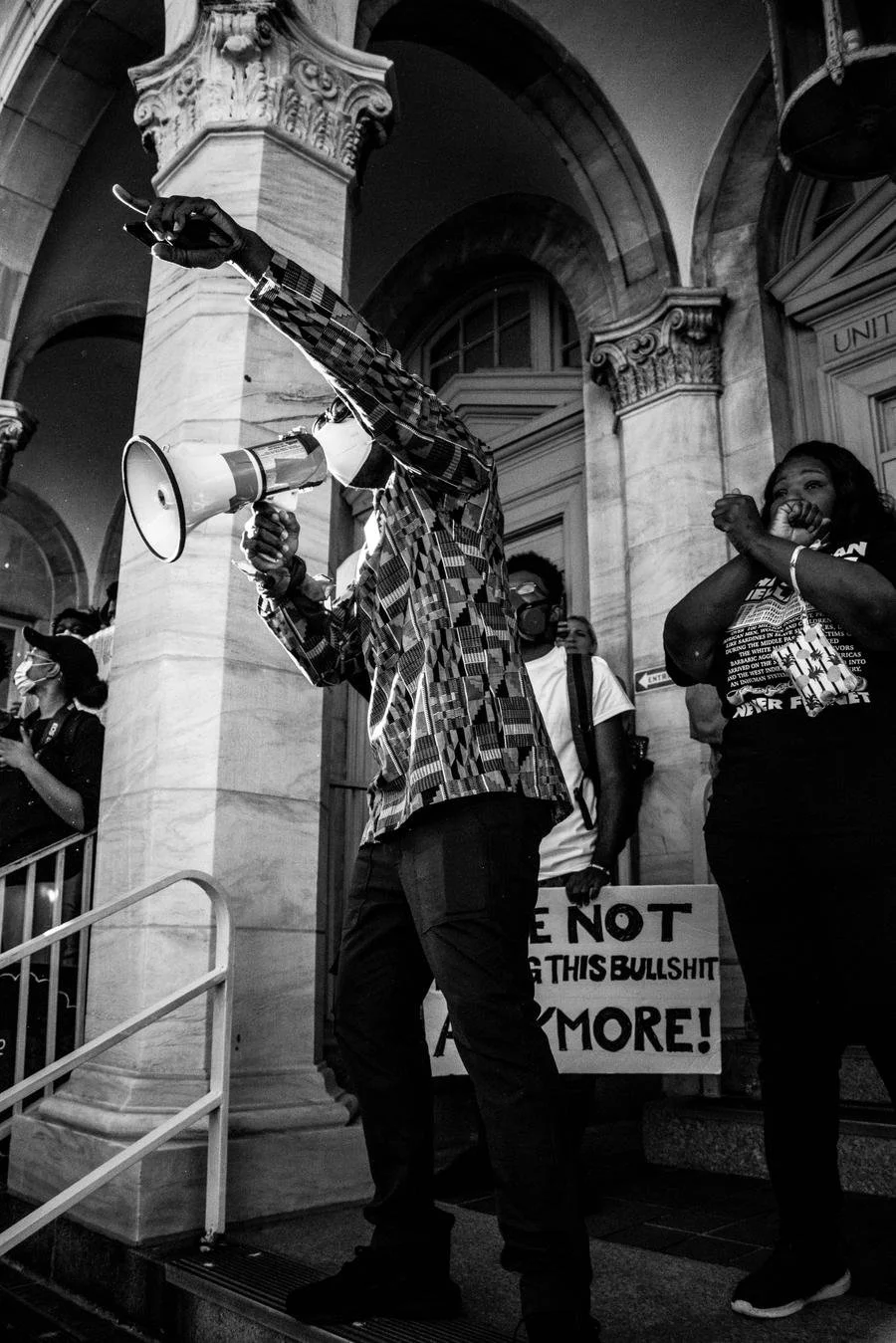6.1.20
Cody, He/Him
“I'm looking to understand your point of view. My whole definition of love is it's the highest elevation of understanding. [If you are] receptive enough to understand and comprehend, then you can just add it to your repertoire and think about where you take your next step.”
The name of this photography series is 6-1-20. It represents the date I captured one of the largest public protests in Asbury Park history, the day after George Floyd was murdered. I didn't know what to expect because the whole world was in a global protest and pandemic at the same time. It's the first time something like this has ever happened. I was on Twitter, and I found out that there was going to be [a protest]. I was seeing all the activity that was happening, and I just wanted to be a part of history, I wanted to see for myself what history looks and feels like.
That day, there was a big turnout. I remember we were outside, right in front of the Asbury Police Station in the post office courtyard. That's where everyone gathered to hear the speakers. There were multiple speakers and activists, alongside the first black woman mayor of Asbury, Myra Campbell, who spoke. I remember most people came to mourn, while others were searching for some type of hope. It was very energetic. It was a very peaceful day.
This is probably one of the biggest turnouts in Asbury since the 70s when we had the race riots. Asbury was a big tourist/resort style industry. The riots took over the population due to an unemployment crisis that was unjust towards the predominantly black community that lived in Asbury. Many of those job opportunities were given to white people that weren’t local to the area. This and few recreational opportunities and poor housing conditions sparked the riots in the 70s. Following those years, it was stagnant for a long time. Real poverty stricken - drugs, homeless people, and corrupt politics.
So this is [my photography] in front of the courtyard. I'm right next to one of the speakers and I'm balancing on top of a tall railing.
In the midst of that, this is one of the photographs that I shot. Behind me, there was a barricade that was kind of - I don't want to say broken, but that was moved by the crowd. It was getting tense. And this young lady, she was very vibrant with her words. She was letting it be known all the bullshit that's going on. Right behind me are armed police in the midst of her speaking (below).
This is my friend that I showed up to the protest with (top). He's from the soil. I was also hearing his perspective growing up in Asbury through that day and dealing with police. It ain’t no different from today - they [the police] still on bullshit. He’s solid, we pulled up together and we left together that day. We pulled up to his crib at 11:30, maybe 12:00 at night because of the pandemic curfew. Once nightfall hit, unfortunately, that's when things got violent between some of the crowds of people and police. This shot is actually minutes before the chaos broke out. Apparently an officer was struck in the head by rocks (below).
This image is a helicopter in the sky (right), I assume monitoring the protest from a birds eye view. From afar this image reminds me of a crosshair. This is one of those right places at the right time type of shots. I’m proud to have caught this technically wise based on my positioning, camera lens, and settings.
Here’s another image from the series [with] these two men (below). They had two pit bulls, and they were almost like protest protection. If I remember correctly, they were just patrolling the area, walking around making sure no one was on that type of time where they’re damaging the mom and pop stores in Asbury. Because you did see those people that were not even from the area, come to protests and they would purposely start shit by causing violence, antagonizing people, antagonizing the police for no reason. These two men weren't having that.
But overall, during the day, it was extremely peaceful, it was really beautiful. It was well organized. It was so amazing to witness this sea of people in the street put their health at risk during a pandemic to come and mourn a black man. I was in awe, because some of the stuff I captured is like imagery you would see in the civil rights movements from the 60s. Fast forward to now, unfortunately a lot of this bullshit racism and brutality is still present.
I studied photojournalism while I was in college. That's how I picked up the camera. I [was] more of a situational photographer. Instead of staging moments like in fashion photography, situational photography is being patient and capturing real, honest moments - the documentation of something or someone. It's very much second nature to me. My parents told me growing up I was a cool, silly kid, but I was also kind of quiet and observant, like a fly on the wall. And that's my approach when it comes to photography. There’s a lot of power in observation. God gave us two ears, two eyes, and one mouth for a reason.
[What was important about documenting 06.01.20 was to] exemplify the truth. Exemplify black people being in danger. Myself, I have been in some sticky situations with police, where they had pistols drawn on me and not knowing if I'm going to walk out of that situation alive. I’m fortunate to have grown up in an area where I was forced to learn how to code switch where the majority of that skill set I use when I talk to police. I want to make sure I can make it home. Because I've seen in some situations where one wrong move [or word] to an officer and they can take that shit and flip it on you. Unfortunately [police] are the ones in a position of power and they have a reputation of abusing that power. My mom said, "Make sure whenever you talk to the police, just be respectful. Even if they are in the wrong, just be respectful and make it home. That's it."
At the protests in my area, we had [police from] twenty-something different departments from different counties and townships. I saw the ones that weren’t from the Asbury area hopping out of the paddy wagon with their batons, smacking hands, actually looking for shit to [escalate], evoking emotion out of people. They dead wrong.
I just don't fuck with police. Most people don't know the origins of [modern day] police [methods]. Enslavement is still happening till this day, it's just the 13th amendment.
Me, stepping out that day was just to exemplify the truth. I like talking to people to get different perspectives. [Photographing that day] was me building mine, getting other people's perspectives through a visual image, [using it as] a visual reference to see how other people were feeling. Although I'm not speaking to them and getting a story, you know how they say the picture is worth a thousand words. You can see their emotions on their faces, even with the mask on.
And I've got plenty [of photographs]. What's on my portfolio site is like 12 [of the] most powerful pictures out of that day. I got close to probably twenty four hundred different pictures. 06.01.20 was really just a reflection piece for me. It still is. I'm happy that it's out because it's for everyone now. It's for all eyes to see. These images are historical.
My scar's on my right knee. There are a couple of them, too. I had ACL and lateral meniscus surgery, my senior year of high school. I was really adamant about my physical therapy. I would take it seriously. I recovered three months earlier than when most people normally do. I used to run track and play football. I was one of the three captains of the football team. We were elite. I was hella excited to go out and compete with my teammates. Initially, the injury took place in practice: I remember running the ball and I had made a cut up field and felt some impact and I kind of tweaked my knee a little bit. However during an actual game is when I completely tore my knee up. I was told that people [say] they heard it from the stands. It sounded almost like a shotgun.
My scar's on my right knee. There are a couple of them, too. I had ACL and lateral meniscus surgery, my senior year of high school. I was really adamant about my physical therapy. I would take it seriously. I recovered three months earlier than when most people normally do. I used to run track and play football. I was one of the three captains of the football team. We were elite. I was hella excited to go out and compete with my teammates. Initially, the injury took place in practice: I remember running the ball and I had made a cut up field and felt some impact and I kind of tweaked my knee a little bit. However during an actual game is when I completely tore my knee up. I was told that people [say] they heard it from the stands. It sounded almost like a shotgun.
In all sports, but especially in football, if you even think about saying you're hurt, you're considered [to be pulling out of the season]. [It’s] this hyper masculinity type of shit. If you say one thing about being hurt they consider you soft. It's weird, right? You should be able to have the time to rehabilitate so you can bounce back and be a 100%.
This was the [beginning] of me taking my path as an artist. When I got hurt, I got to see who was really with me and I noticed a lot of people weren’t with me. I helped build that team in a major way. So how come nobody was with me when I was at the crib or the hospital? It was my first feeling of depression being painfully immobile and medicated while sitting at home as everyone was outside doing they thing. I was feeling really down. I was feeling like, “where's the support?” But I was actually getting support where I needed it. That goes back to me appreciating my family. You're looking for support from external forces when you have it in your internal home, from inside where it matters most.
I'm extremely grateful for my family. I remember the first time I had gotten out of bed. I was finally going to the bathroom by myself, getting dressed by myself. I had this huge brace on. I kept it elevated, my whole leg is throbbing, it was hella swollen, [there were] staples all in my knee. I was so determined to get me some breakfast that morning and I wobbled to my mom like "ay yo Ma!" and she was like, "Oh! Look at you!" I was like "Yeah, it's ya boy!" That was a big moment for me in my post surgery journey.
That whole football [injury] left a bad taste in my mouth. I didn't even want to play that shit in college; it was favoritism and politics. That's when I really started having fun and enjoying my life. So much of my time and dedication used to be in the gym or on the field. I didn't even go to the beach till I was in my twenties because throughout those years I was always training.
The solitude is where I came to terms with that [discontentment]. I feel like if the [injury] didn't happen, I would still be playing sports. I just didn't get a chance to unlock [my creative side] growing up because my interests were elsewhere [because of] societal pressures. I feel like part of it is conforming to certain aspects of adolescence and societal survival. I knew that I was creative, but I didn't really have many people to express that side [of myself] because with friends it was constant "sports, sports" and "girls, girls.” I didn't have anybody to discuss Basquiat and other artists’ work I saw for the first time at the MoMA. I was making conscious decisions amongst friend groups that weren’t aligning towards the future I wanted for myself. Growing up, I was popular, I was friends with or knew everyone in school. I didn't know what solitude felt like. But solitude is powerful, it almost makes you gain your superpower in a sense. You become so instinctual. You get to learn so much about yourself. A lot of that came from being alone and exploring the world and my own creative interests. I started making my own lane that I needed and wanted to be in, that I designed for myself.
Then after that, I went to college for communication studies and new media. Opened my mind to a lot of things, which was really dope for me. I'm an adventure seeker. If you ask me, "do you wanna go," I'll say "Fuck it, let's go check it out." You're a young adult navigating the world. I think the inspiration stems from tapping into myself, tapping into what it is that I really enjoy. Which is photography, clothing design. All my life I've always had some type of attraction towards clothes. My mom had modeled before and my Dad was a graphic designer for Macy's and B.Altman's back in the day. So that whole creative space is in my genetic makeup, [but] I started embracing myself as an artist the older I got. At one point I used to work retail where I was meeting people who had the similar interests as me, loved high fashion and loved archival pieces from designers like Helmut Lang and Margiela.
You’re only friends with people growing up because of proximity. You don't always share the same interests. You grow into the person you truly are as you become older where you begin to find your tribe. They're my support system for real. If I was just playing sports, there would be no thought of creating a podcast where I met my tribe and embraced [being] the artist in me. That's one thing my boy told me, "You're no longer a consumer, you're a creator, now start carrying yourself as such."
I needed to hear that in order to understand more of myself.
I used to have a podcast. That's where [my brand name] Freetown originally came from. I started it in college because they didn’t give me a shot on the college radio, so I made a podcast interviewing visual artists, producers, singer songwriters, rappers. I like the feeling of gathering other people's perspectives and tapping [into] other people's lives. I started tapping into different avenues. There's so much dope shit you can find in subcultures. [It’s] grassroots, it's from the soil, it's unpolished. You get to see different talents that are influencing your favorite artists everyday in the mainstream. [The podcast] was blowing up on SoundCloud. Following that, I was executive producing mixtapes, EPs, creating album covers, and releasing unreleased rap music before it touched the masses. SoundCloud was a close knit community, [and they] accepted me in that ecosystem. That was the first real steps of Freetown; it was primarily media and music.
Fast forward, [now I] design clothes under the moniker Freetown. I started designing clothes because I was missing certain things out of my own wardrobe and I wanted something to shoot as a fashion photographer. I got real in-depth with creating custom pieces, [like this] denim luggage jacket. I designed everything down to the branding on the buttons - look at the detailing. There's this harness inside the jacket, so if you ever get hot you can rock it like a backpack or crossbody bag and you'll still be looking fly, you feel me? This jacket is hard.
Me, genuinely, I want to veer more towards professional high fashion photography. That's one of the main reasons I came to work in the studio, to get more familiar with studio photography, and more specifically studio lighting. [There's] a science behind lighting. It's an art form in itself; studio lighting is very much staged, whereas using daylight is more natural, you’re using what you got. My first published photo was a portrait of DMX in 2017 at the Brooklyn Hip Hop. He and his label, Ruff Ryders wound up publishing it themselves. That gave me the extra encouragement and validation I needed as a young photographer in regards to my skills and instincts.
A handful of my close friends are models, designers, rappers and they considered me the tastemaker out of the group. I'm like the ultimate designer. I don't want to say they come to me for executive decisions, but [more] the executive outlook with design and wisdom.
I do a lot. I used to think being a jack of all trades was a bad thing, because I was told [it makes you] the master of none. But I think there should be no limits. I've always been the person [with the] unconventional style. I like learning the rules for me to later bend and break ‘em. I don't like restraint, I don't like to be controlled. So I guess that carries into my artistry.
Ultimately how I view myself as a visual artist is, one, it's my own fulfillment. It's my joy out of life. I am fulfilled. It’s a black person’s right to experience joy - I deserve it. There's so much shit that goes on in this world, you can really get consumed by it. As people we've got to find some type of fulfillment. I feel like that should be everyone's duty. You should have something to look forward to when you wake up. It’s my liberation as a human being and an artist. A space for me to revolutionize my creative ideologies and narrate through design.
Once I found my tribe, I just kept doing everything I either wanted to do or just things that attracted me, such as the 06.01.20 series.
On being asked why the images in 06.01.20 are black and white.
I think black and white is an honest depiction when it comes to imagery. I used to be really heavy into color growing up, but the more I got older, I veered towards black. Black is a very beautiful and graceful color. It's a faithful and mysterious color. It's a powerful color. Truthful color. It’s the color of energy. And I mean that in a theoretical sense and the literal. The reason being is that black and brown people across the world have been exploited, for either human energy like enslavement, or as a source for minerals such as in Africa. Phones wouldn't be working if it wasn't for the minerals that are extracted from Africa. The America we know today was and still is built off the blood of black people. I'm a dark skin man, between discrimination and colorism, I know what both have felt like at an early age. It took me time, the older I got, to embrace the color of black and how powerful it is to not just myself but towards the rest of the world.
It's almost just this struggle of being black and navigating the world of people that fetishize you, hate you, exploit you, and love you at the same time. There are many aspects of being black that are just extremely misunderstood. You wake up with a lot of disadvantages. My parents named me Cody so I wouldn't be discriminated against and to alleviate at least one of those disadvantages.
Being black in America, part of that disadvantage is there's genetic trauma that still has to be dealt with. No real room to be vulnerable. I know for my parents and even their parents growing up in the midst of straight racism. There's no real time to just grow up and just be a kid. Especially for black women, too, in some cases they don't get to be children. They have to grow up fast in order to provide for the household and survive. At times there’s more deaths than opportunities in black communities. There’s so much to worry about while being black in America. The innocence is lost. And you don't have a chance to be vulnerable to anyone, not even your friends nor family. And [in] part, that's where the trauma can be found. The most freeing feeling for me is when I'm vulnerable, but it's not easy. I'm still trying to figure out how to navigate that because that's part of the double consciousness as a black person.
My creative pursuits help me with that vulnerability. Part of that is being comfortable with what I pursue or what I'm interested in and just stand behind that shit. You don't always have to conform. You feel me? It's okay to disagree. I'm still, as an adult, practicing that. I'm looking to understand your point of view. My whole definition of love is it's the highest elevation of understanding. A lot of shit in life could be solved if people would remove the ego, be vulnerable enough, and speak out. [If you are] receptive enough to understand and comprehend, then you can just add it to your repertoire and think about the future where you can take your next step.
